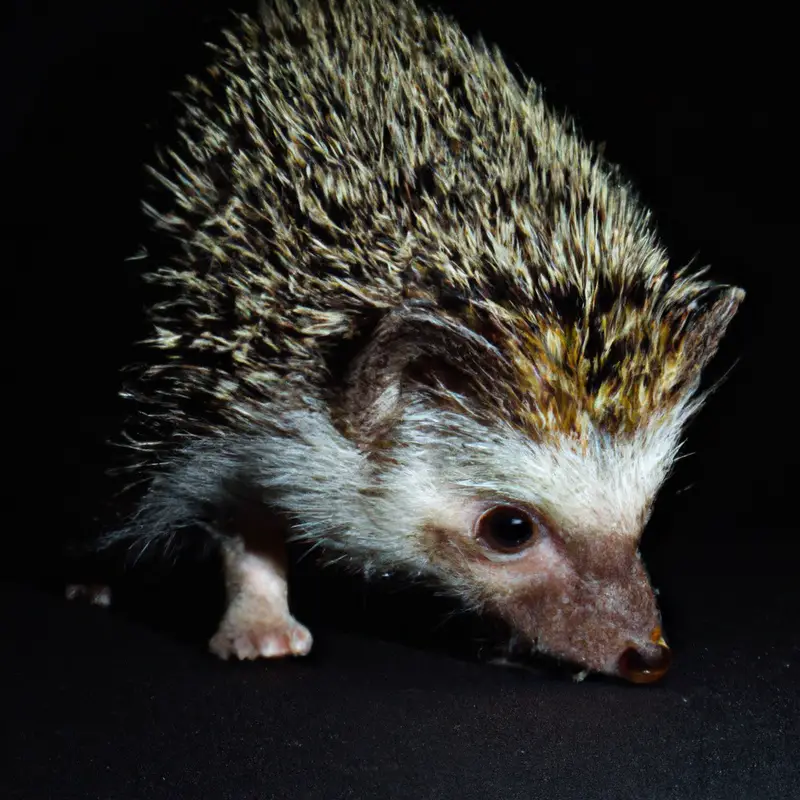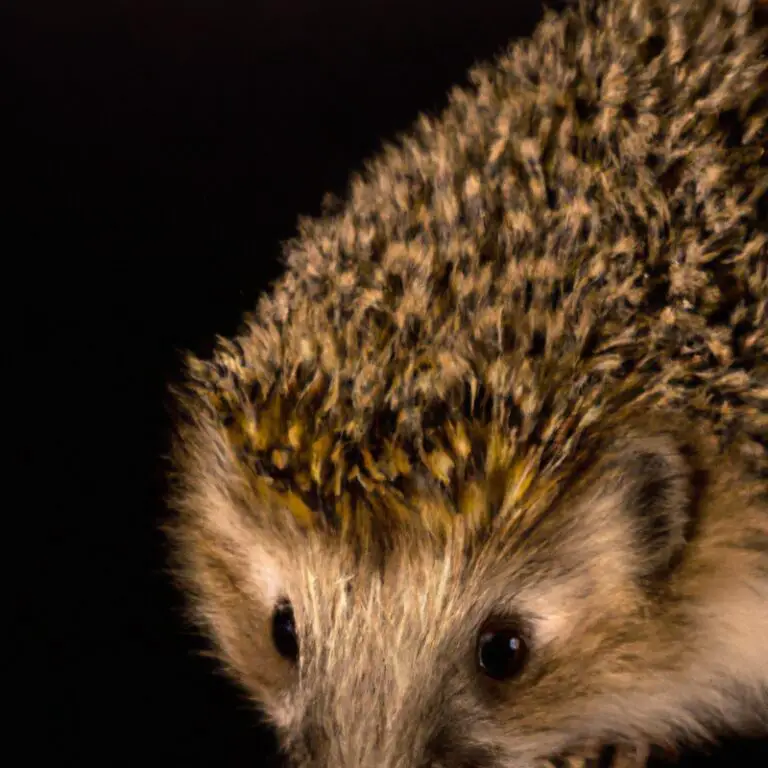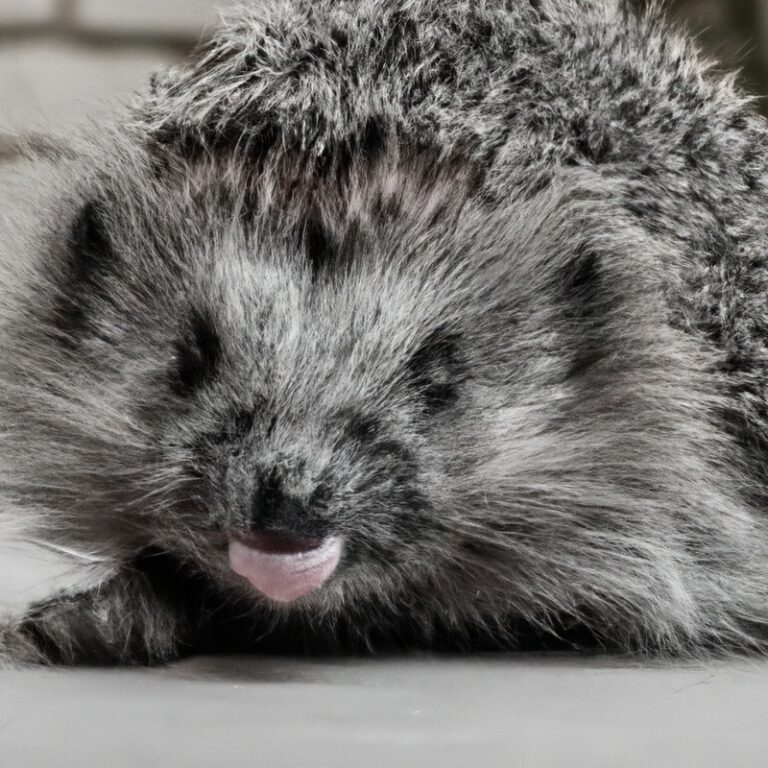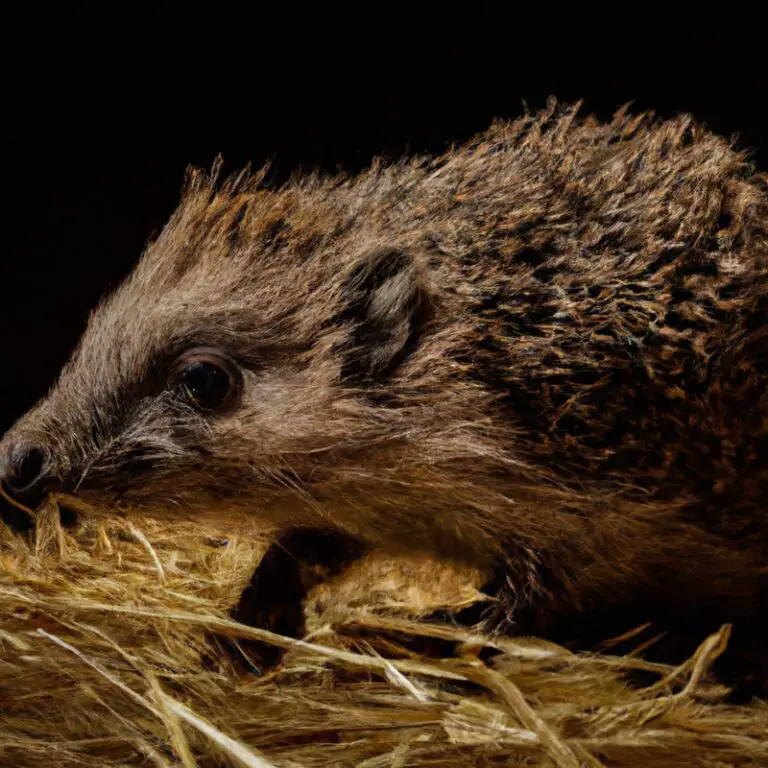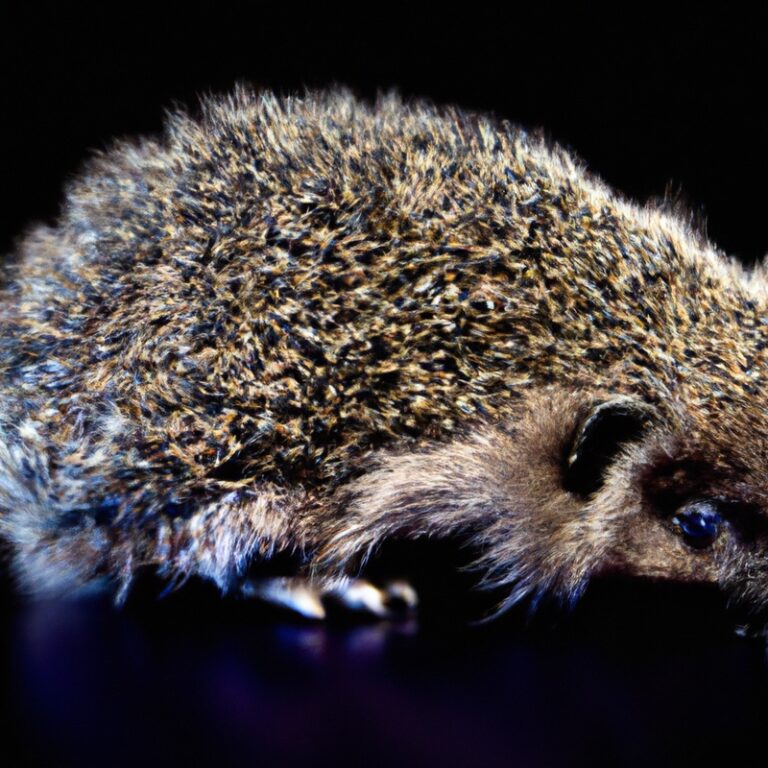How Do Hedgehogs Contribute To Sustainable Gardening Practices?
Key Takeaways:
- Hedgehogs play a vital role in controlling garden pests naturally, reducing the need for harmful pesticides.
- Providing hedgehog-friendly habitats and food sources can help support their population and promote ecological balance in your garden.
- Hedgehogs are effective at aerating soil through their foraging behavior, improving the overall health of your garden.
- By creating hedgehog-friendly gardens, you can contribute to conservation efforts and protect this vulnerable species in your local area.
Did you know that hedgehogs can be your secret weapon for creating a sustainable garden?
These adorable prickly creatures are not only cute and fascinating, but they also play a crucial role in maintaining a healthy and thriving garden ecosystem.
From controlling pests to acting as natural fertilizers, hedgehogs bring a multitude of benefits to your garden.
In this blog post, we will explore how these spiky little garden helpers contribute to sustainable gardening practices and discover the steps you can take to attract them to your green space.
Get ready to unlock the power of hedgehogs and take your gardening game to the next level!
| Benefits of Hedgehogs in Sustainable Gardening |
|---|
| Hedgehogs eat pests such as slugs, snails, and insects |
| Hedgehogs help control garden pests naturally, reducing the need for chemical pesticides |
| Hedgehogs are natural composters, as they consume fallen fruits and vegetables |
| Hedgehogs encourage biodiversity by attracting other beneficial wildlife |
| Hedgehogs can help aerate the soil by burrowing |
| Hedgehogs contribute to the overall health of the garden ecosystem |
| Hedgehogs are low maintenance and require minimal human intervention |
What are hedgehogs and why are they important in sustainable gardening?
Hedgehogs are small nocturnal mammals that play a vital role in sustainable gardening by controlling pests and providing natural fertilizers.
The role of hedgehogs in pest control
Hedgehogs play a crucial role in pest control in sustainable gardening practices.
They are natural predators of many common garden pests, including slugs, snails, and insects like beetles and caterpillars.
With their voracious appetite, hedgehogs help keep these pests under control, reducing the need for harmful chemical pesticides.
Encouraging hedgehogs to thrive in your garden creates a natural and eco-friendly way to manage pest populations.
Supporting their habitat with shelter and food sources can help attract and retain these helpful garden allies.
Hedgehogs as natural fertilizers
Hedgehogs can be natural fertilizers for your garden.
As they move around, hedgehogs leave behind droppings that are rich in nutrients like nitrogen, phosphorus, and potassium.
These nutrients can help improve the soil’s fertility, promoting healthy plant growth.
Plus, hedgehogs also eat pests like slugs and snails, which can help control garden pests naturally.
So, if you have hedgehogs visiting your garden, consider them as helpful contributors to your sustainable gardening practices.
Creating a hedgehog-friendly garden
To create a hedgehog-friendly garden, provide suitable habitats and create a safe environment for hedgehogs. Plant a diverse range of plants and avoid harmful pesticides or chemical treatments.
Providing hedgehog habitats
To provide hedgehog habitats, there are a few simple things you can do in your garden.
Firstly, leave an area of your garden wild and untidy, with long grass, leaves, and logs.
This will create a safe space for hedgehogs to hide, nest, and find food.
Secondly, avoid using chemicals and pesticides in your garden, as these can harm hedgehogs and reduce their food sources.
Thirdly, create hedgehog highways by cutting small holes in your fences or installing small tunnels under gates to allow hedgehogs to move freely between gardens.
Remember, every little effort counts in helping these adorable creatures thrive in your garden!
Ensuring a safe environment for hedgehogs
To ensure a safe environment for hedgehogs, there are a few simple steps you can take in your garden.
Firstly, leave areas of your garden wild and untidy, providing them with places to hide and nest.
Secondly, avoid using pesticides or harmful chemicals in your garden, as these can be harmful to hedgehogs.
Thirdly, check your garden for any hazards such as uncovered drains or deep water features, and make sure to cover or fill them.
Lastly, create hedgehog-friendly access points, like small holes or gaps in fences, so they can freely roam between gardens.
By taking these measures, you can create a safe haven for these adorable creatures in your own backyard.
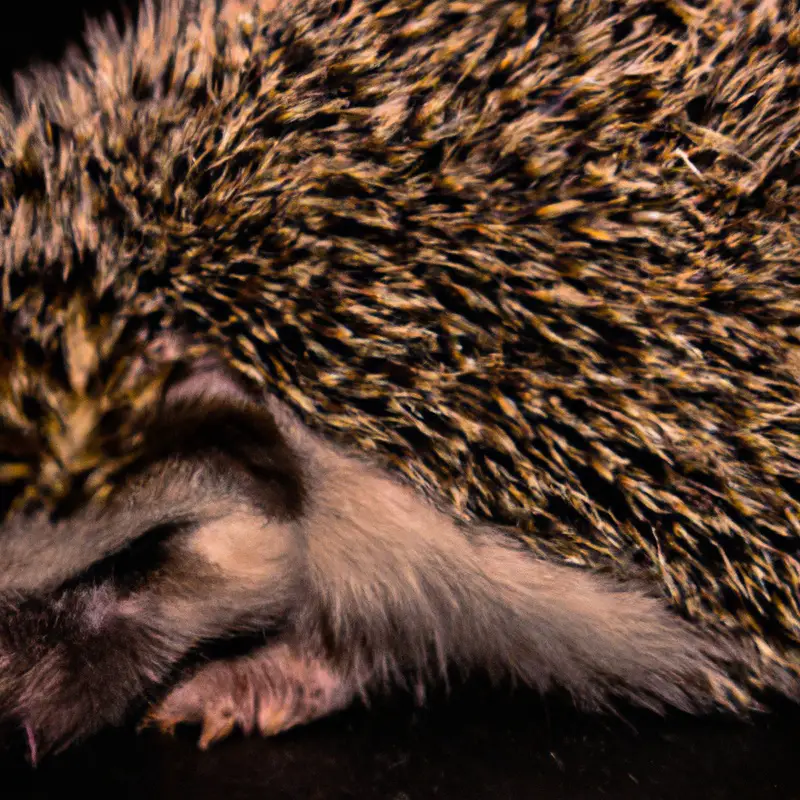
Planting a diverse range of plants to support hedgehogs
Planting a diverse range of plants in your garden is essential to support hedgehogs. Choose a variety of native plants that provide food, shelter, and nesting opportunities.
Include flowering plants for insects, which are an important part of a hedgehog’s diet.
Create dense and low-growing vegetation for hedgehog hiding spots. Avoid using pesticides, as they can harm both hedgehogs and their food sources.
Remember, a diverse garden will not only benefit hedgehogs, but also contribute to a sustainable and thriving ecosystem.
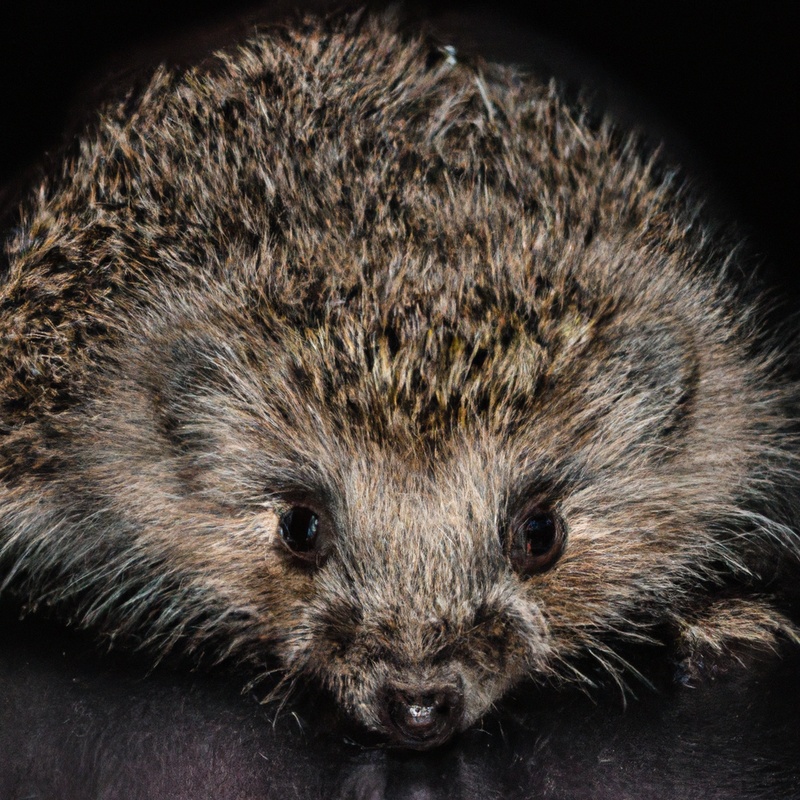
Avoiding harmful pesticides and chemical treatments
Avoiding harmful pesticides and chemical treatments is essential for creating a hedgehog-friendly garden.
Chemicals can be toxic to hedgehogs and other wildlife, causing harm to their health and disrupting their natural habitats.
Instead, opt for organic and natural alternatives to control pests and weeds in your garden.
Use biological controls such as companion planting, natural predators, and organic fertilizers to maintain a healthy and sustainable garden environment.
Remember, by avoiding harmful pesticides, you are taking a step towards protecting the hedgehogs and promoting a more sustainable gardening practice.
How to attract hedgehogs to your garden
Attract hedgehogs to your garden by providing food, water, access points, and shelters specifically designed for them.
Providing food and water sources for hedgehogs
To ensure hedgehogs are attracted to your garden, it is important to provide them with the necessary food and water sources.
Here are some tips:
- Provide a shallow bowl of fresh water in a safe and quiet area of your garden. Make sure to refill it regularly.
- Hedgehogs are insectivores, so offering them a variety of insects will help meet their dietary needs. Plant native plants that attract insects, such as slugs, beetles, and caterpillars.
- Avoid using chemical pesticides in your garden, as they can be harmful to hedgehogs and their food sources.
- Consider leaving a small portion of your garden wild, with long grass and fallen leaves. This will provide a habitat for insects and shelter for the hedgehogs.
- If you want to provide supplementary food, you can offer specialized hedgehog food or cat food. Avoid giving them milk as they are lactose intolerant.
By providing food and water sources, you can create a hedgehog-friendly environment in your garden and support their population.
Creating access points for hedgehogs
Creating access points for hedgehogs in your garden is important to ensure they can freely move in and out.
Here are some simple ways you can do this:
- Install a hedgehog-sized hole in fences or barriers, allowing them to pass through while keeping larger animals out.
- Avoid using solid walls or raised borders that may prevent hedgehogs from entering your garden.
- Keep pathways clear of clutter, such as fallen branches or large rocks, that may obstruct their movement.
- Provide ramps or steps for hedgehogs to access elevated areas, like ponds or decking.
By making these small changes, you can make your garden more hedgehog-friendly, encouraging them to visit and contribute to a sustainable gardening environment.
Installing hedgehog houses or shelters
Installing hedgehog houses or shelters is a great way to provide a safe and secure habitat for these adorable creatures.
When setting up a shelter, choose a quiet and secluded spot in your garden.
Ensure the entrance is facing away from prevailing winds.
Line the interior with dry leaves or straw to create a cozy bed.
Make sure to leave a small opening for hedgehogs to enter and exit.
Regularly check and clean the shelter to maintain its functionality.
Happy hedgehog watching!
Commonly asked questions about hedgehogs and sustainable gardening
Curious about hedgehogs and sustainable gardening?
Find answers to your commonly asked questions below.
Are hedgehogs harmful to gardens?
Hedgehogs are not harmful to gardens. In fact, they can be beneficial for garden ecosystems.
Hedgehogs help control garden pests like slugs, snails, and insects, which can damage plants.
They eat these pests, helping to maintain a balance in the garden. Hedgehogs also aerate the soil as they move around, which improves its quality.
To create a hedgehog-friendly garden, provide shelter such as log piles or hedgehog houses, avoid using harmful chemicals, and ensure there are access points for them to enter and exit the garden.
How do I differentiate between hedgehog-friendly plants and harmful ones?
Differentiating between hedgehog-friendly plants and harmful ones is important for sustainable gardening.
Look for plants with dense foliage and low-growing shrubs, as hedgehogs like to hide in them during the day.
Avoid using pesticides and herbicides on your plants, as these can be harmful to hedgehogs.
Providing water sources like shallow dishes is also beneficial.
Check for any thorny or prickly plants that could injure hedgehogs and remove them.
Additionally, avoid using slug pellets, as they can harm hedgehogs if ingested.
Can I use organic pesticides in my hedgehog-friendly garden?
Yes, you can definitely use organic pesticides in your hedgehog-friendly garden. Organic pesticides are made from natural ingredients and are safer for wildlife, including hedgehogs.
They do not contain harmful chemicals that can harm the environment or animals.
Some examples of organic pesticides you can use include neem oil, garlic spray, and insecticidal soap. These options help to control pests while still being mindful of the well-being of hedgehogs and other beneficial creatures in your garden.
How can I prevent hedgehogs from damaging my garden?
You can prevent hedgehogs from damaging your garden by taking a few simple steps:
- Create physical barriers: Install a fence or wall around your garden to prevent hedgehogs from accessing it.
- Remove potential hiding spots: Clear away dense vegetation, piles of leaves, and debris where hedgehogs might seek shelter.
- Avoid leaving out food: Hedgehogs are attracted to food sources like pet bowls or bird feeders in your garden. Keep these areas clean and ensure no food is left out overnight.
- Check before mowing: Before mowing your lawn, check for hedgehogs hiding in long grass or under shrubs.
- Use natural deterrents: You can try using natural deterrents like coffee grounds, strong-smelling plants (such as lavender or marigolds, or prickly materials around your plants to discourage hedgehogs.
Remember, hedgehogs are beneficial to gardens as they eat pests and help with soil aeration. It’s important to find a balance between protecting your garden and supporting these adorable creatures.
Final Verdict
Hedgehogs play a vital role in sustainable gardening practices.
They are natural pest controllers, helping to keep populations of harmful insects and slugs in check without the need for chemical pesticides.
Additionally, their droppings act as excellent natural fertilizers, enriching the soil and promoting plant growth.
Creating a hedgehog-friendly garden involves providing habitats, avoiding chemical treatments, and planting a diverse range of plants.
By attracting hedgehogs to your garden, you can enjoy a sustainable and balanced ecosystem that benefits both the environment and your garden.
So, embrace these prickly creatures and embrace sustainable gardening!

